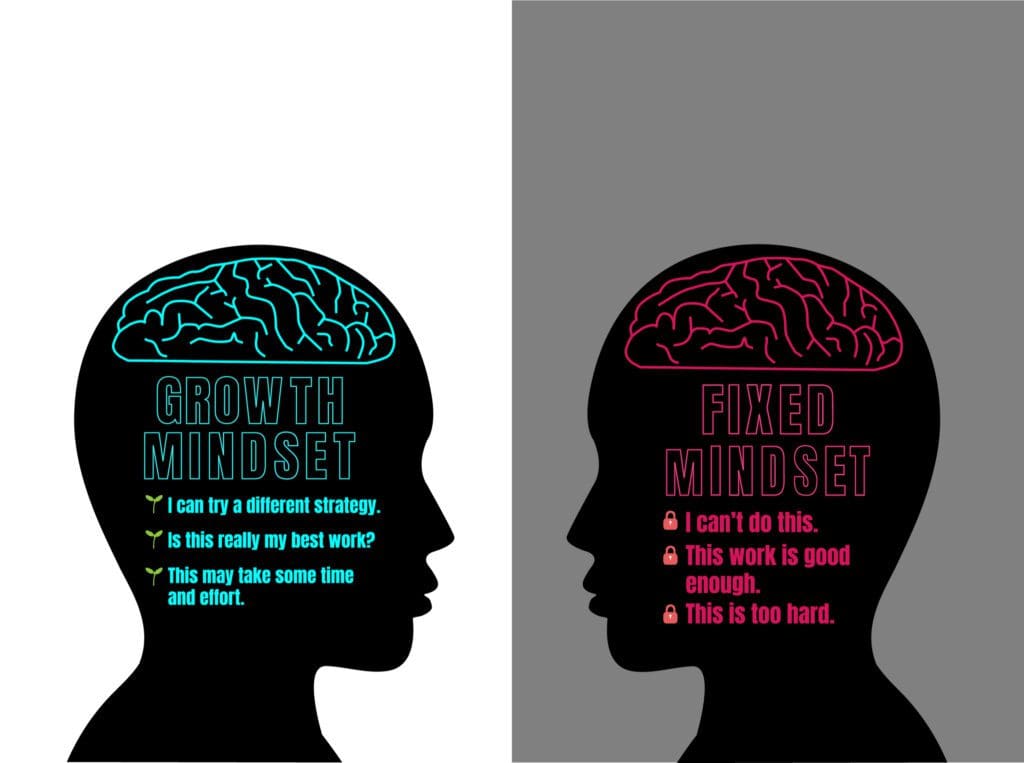
Demonstrating Grit and Resilience in a Global Pandemic
Throughout a year of extraordinary change, we marvel at our students as they courageously navigate their college experience. In unknown and adverse circumstances, our students have not cowered. They have analyzed and strategized in their pursuit of academic and personal success. Now into the third semester of remote learning, most notably ACE students have demonstrated…

A NEW YEAR’S MESSAGE TO OUR ACE STUDENTS
Relax, Renew and Recommit Yay! The first semester of the school year is finished. What does that mean for you? What have you learned, experienced anew, contemplated during the past four months? Where have your studies taken you academically, socially, spiritually, or even psychologically? During this brief respite from your academic studies, the four ACE…

Courage in Plain Sight
Recently one of the students I coach said, “I finally got up the courage to speak up in class and my professor and other students actually responded to what I had to say. I’m beginning to like this class.” This conversation spurred my interest in examining the role of courage in learning. At Accelerated College Experiences (ACE)…

The Fight for Equity and Social Justice
How the Four Pillars Prepare ACE Students in the Fight for Equity and Social Justice I founded ACE because I understood preparedness was making a visible difference in the approach entering college and the inevitable outcomes.Students whose parents had the resources to provide tutoring or attend specialized summer courses for remedial math and science to…

Self-Advocate
[Communication]
Self-advocacy is referred to as the ability to articulate one’s needs and make informed decisions about the supports necessary to meet those needs (Strodden, as cited in Test et al., 2005). As an ACE Pillar, Self-Advocate is the ability to effectively communicate, convey, negotiate, or assert one’s own interests, desires, needs, and rights. The goal of self-advocacy is for YOU…

Self-Correct
[feedback and resources]
To “self-correct” is to correct itself when things begin to go wrong, without outside help. (English Dictionary) As an ACE Pillar, Self-Correct is adjusting to or correcting mistakes to develop oneself, based on an analysis of one’s results and effort. Utilizing feedback from others to correct one’s mistakes. Feedback: The transmission of evaluative or corrective information about an action, event, or process. As…

Self-Direct
[Action Oriented]
In its broadest meaning, self-directed learning describes a process in which individuals take the initiative, with or without the help of others, in diagnosing their learning needs, formulating learning goals, identifying human and material resources for learning, choosing and implementing appropriate learning. As an ACE Pillar, to self-direct means sustaining a laser focus on the…

A Word From our Founder: The Changing Landscape of Higher Education
Acting as both a senior administrator for a small private college and CEO and Founder of Accelerated College Experiences, Inc. (ACE), I have been experiencing this public health crisis from two different but related perspectives. As the V.P. of Institutional Advancement, my responsibilities include raising public and private funds securing grants, cultivating major gift prospects,…

Self-Manage
[decision-making OR responsibility and accountability]
Examples of self-management include self-monitoring, self-evaluation, and self-reinforcement. When a student engages in self-monitoring, he/she observes his/her behavior, records its occurrence on a data collection form, and graphs the data to evaluate progress. As an ACE Pillar, to self-manage is taking responsibility for one’s own behavior and wellbeing, including initiative and the ability to manage different aspects of life. The…
